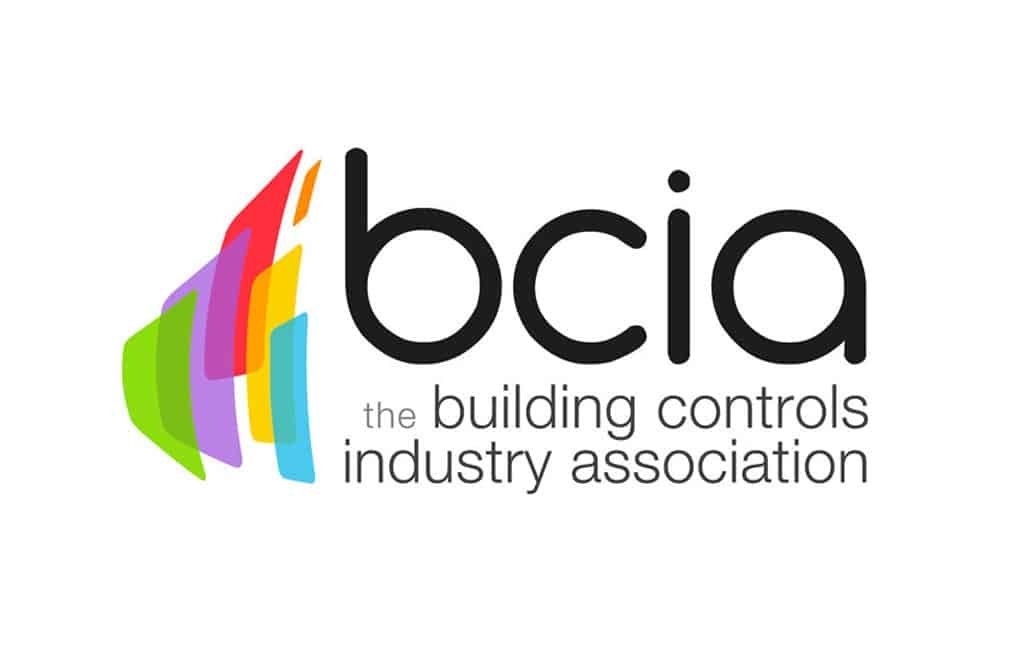Talent attraction and retention key focus of BCIA members breakfasts
The current skills shortage in the built environment has enhanced the need for the building controls sector to concentrate on talent attraction and retention, with the future of the industry the focus of recent BCIA (Building Controls Industry Association) breakfasts.
With four breakfast events in cities and counties across the UK, the regional breakfast series brought together members to discuss the key challenges and issues the sector is facing – including a major skills shortage in the built environment – and the opportunity to network with other industry professionals.
Along with talent attraction and retention, the other major topic discussed was quality and accountability. These are both incredibly pertinent for the industry, as the shortage of skilled people in building controls is leading to wage inflation and increased mobility of workers, whilst the government’s expected approach to furthering measures to ensure accountability, quality and competency standards is something the industry will need to continue preparing for.
Discussing talent attraction and retention, members highlighted the challenges in retaining team members in specific areas of building controls, such as pre-commissioning, technical support, project management, and controls engineering. While some employers have their own fast-track and development programmes to help support retention, there is plenty more that can be done across the industry as a whole, with progression pathways sometimes limited in the sector.
Whilst employers recognised that the culture and work environment play a key part, the breakfast meetings also drew attention to a particular challenge in verifying specific BEMS skills and experience, especially for subcontractors working in the controls sector, such as electricians. With no mandatory skills levels, beyond CSCS cards, there’s potentially an opportunity to drive BMS up the value chain.
Although talent attraction and retention has proved difficult in recent years, the industry has seen a positive shift in diversity, with more females in technical roles across the industry. While the promotion of BMS has been more prominent recently, even more people are needed to come into the industry.
With that in mind, promotion through the leverage of sustainability and technical factors and increasing the sector’s attraction to people outside the industry will prove vital. Additionally, the breakfasts highlighted the importance of employers pro-actively attending initiatives such as career’s days, with the BCIA able to develop and provide materials for members to support them going into schools and colleges.
New initiatives and approaches were discussed such as the potential for fast-track/bootcamp-style entry pathways to be explored. These could bring people in from other industries or backgrounds such as those looking to switch careers, veterans or the younger school and college leavers that are out of employment.
The other major talking-point from the breakfast series was that of accountability, with this a key consideration for the sector and the built environment as a whole.
With a lack of understanding about building controls specification, there were a host of suggested improvements that could facilitate a drive for greater quality, including consultant-specific controls training, video guides for manufacturer systems to improve installation quality, BCIA codes/best practice standards to encourage witnessing for sign-off of projects, and controls induction written into design documentation.
Subcontractor skills were also deemed to be a key issue when it comes to quality of installation. With that in mind, accountability rests with the system’s integrator and the staff they employ or the contract they are responsible for.
Members discussed the challenge with BMS falling between mechanical and electrical frameworks and therefore not currently being mandated in the same way as electrical installation for example. It highlighted the opportunity for BCIA to work with other frameworks such as NICEIC to ensure controls are part of their standards.
Similarly to talent attraction and retention, education will play a vital role in ensuring better quality and accountability, too. Indeed, with a perceived disconnect between the BMS Installer and M&E contractors and the end user/building owner, more education is needed to ensure that all parties in the project chain understand the impact of decisions such as downgrading or removing BMS.
Following the incredible success of the breakfast series, BCIA President Stacey Lucas reflected on the importance of not only ensuring better accountability and quality across the industry but also making sure that talented professionals are encouraged to take up careers in the sector and then supported throughout their journey.
She said: “The breakfast series gave everyone involved a great opportunity to discuss the challenges facing the industry. The skills shortage means we must all focus on helping support talent attraction and retention and look at what more can be done to provide empowering and rewarding work environments, with employers encouraged to understand what motivates their team members to support increased loyalty. This could be different benefits packages, development opportunities or the ability for team members to influence decision-making within an organisation. Feedback from the breakfasts highlighted when staff feel valued and enjoy their place of work, they stay.
“Similarly, accountability and quality must also be key considerations for the industry, with the lack of understanding about building controls specification the biggest hurdle to overcome. Everyone left the breakfasts feeling positive about the industry moving forward and how we can all drive the building controls sector in the right direction.”
